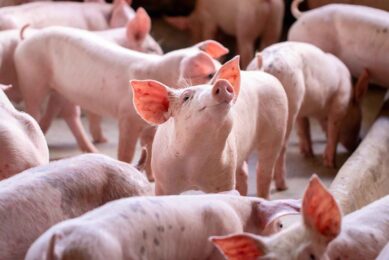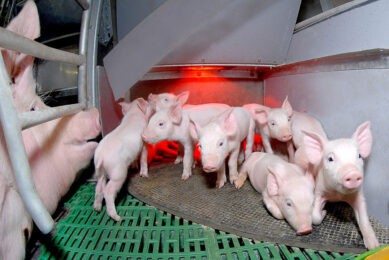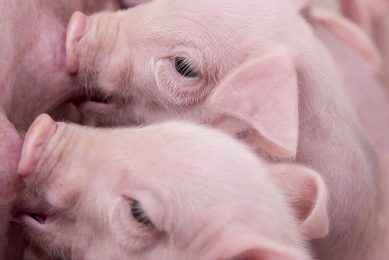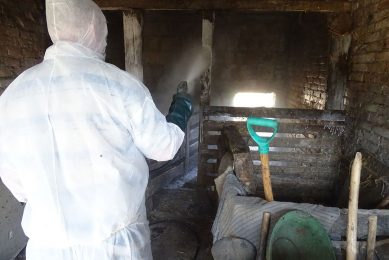OIE: Animal diseases linked to climate change

The impact of climate change on the emergence and re-emergence of animal diseases has been confirmed by a majority of OIE Member Countries and Territories in a worldwide study conducted by the OIE among all its national Delegates.
“More and more countries are indicating that climate change has been responsible for at least one emerging or re-emerging disease occurring on their territory. This is a reality we cannot ignore and we must help Veterinary Services throughout the world to equip themselves with systems that comply with international standards of good governance so as to deal with this problem,” explained Dr Bernard Vallat , Director General of the OIE.
Indeed, the conclusions of the study on “Impact of climate change and environmental changes on emerging and re-emerging animal disease and animal production”, presented by Australian expert Dr Peter Black, the Rapporteur for this Technical Item at the General Session, call for a new approach to prevent these new dangers.
OIE Members have consequently given the Organisation a mandate to address this issue by using its scientific capabilities and networks, especially at global, regional and sub-regional levels. In particular, they advocate new action at the level of research, national capacity building for public and private sector animal health systems, and communication, with the aim of preventing or reducing the effects of climate change on animal production and diseases, including those transmissible to humans.
The majority of countries also consider that human influence on the environment has an impact on climate change and therefore on the emergence or re-emergence of animal diseases.
Related website
• OIE
©











